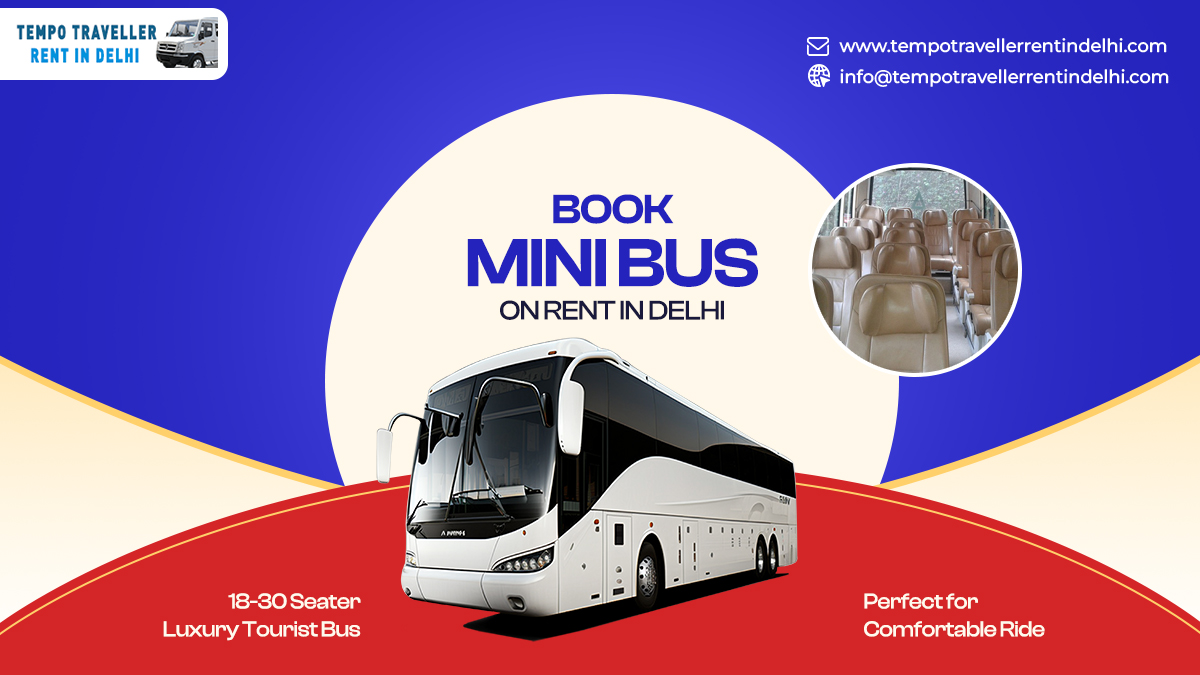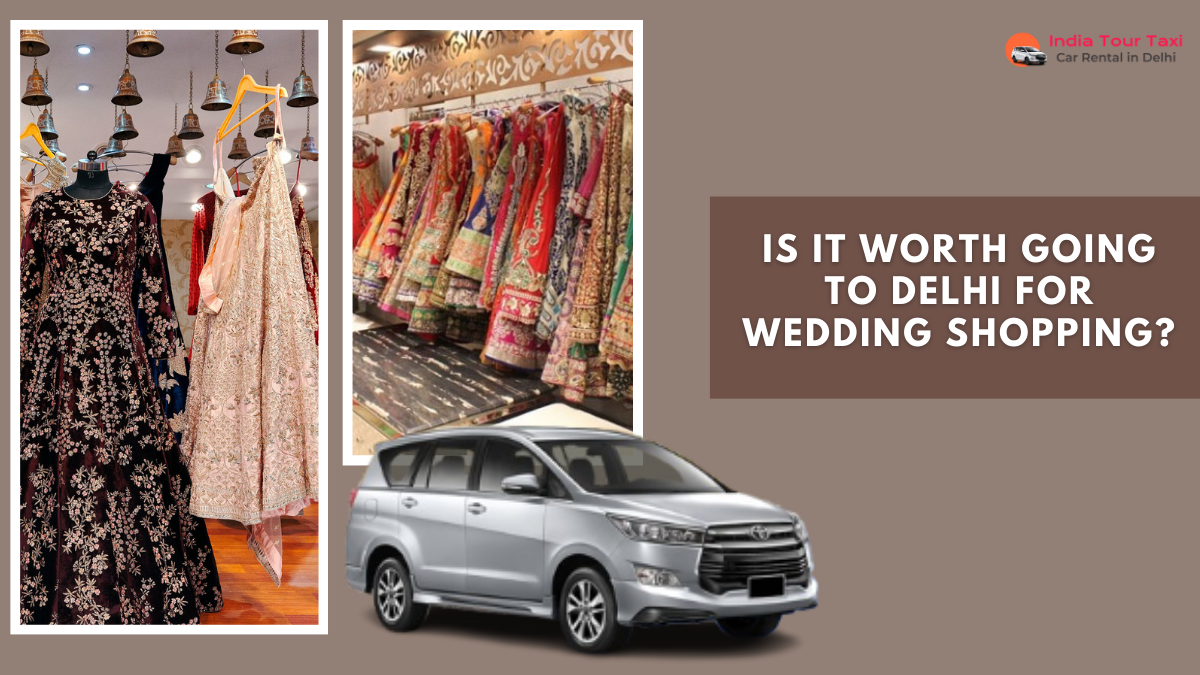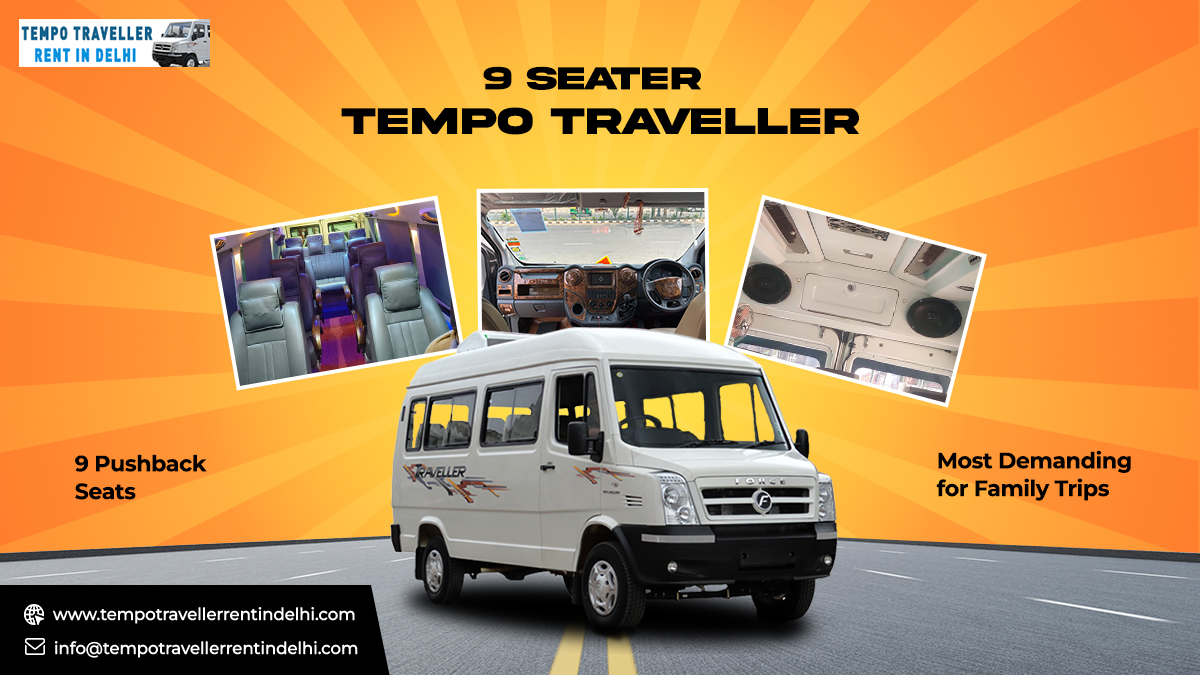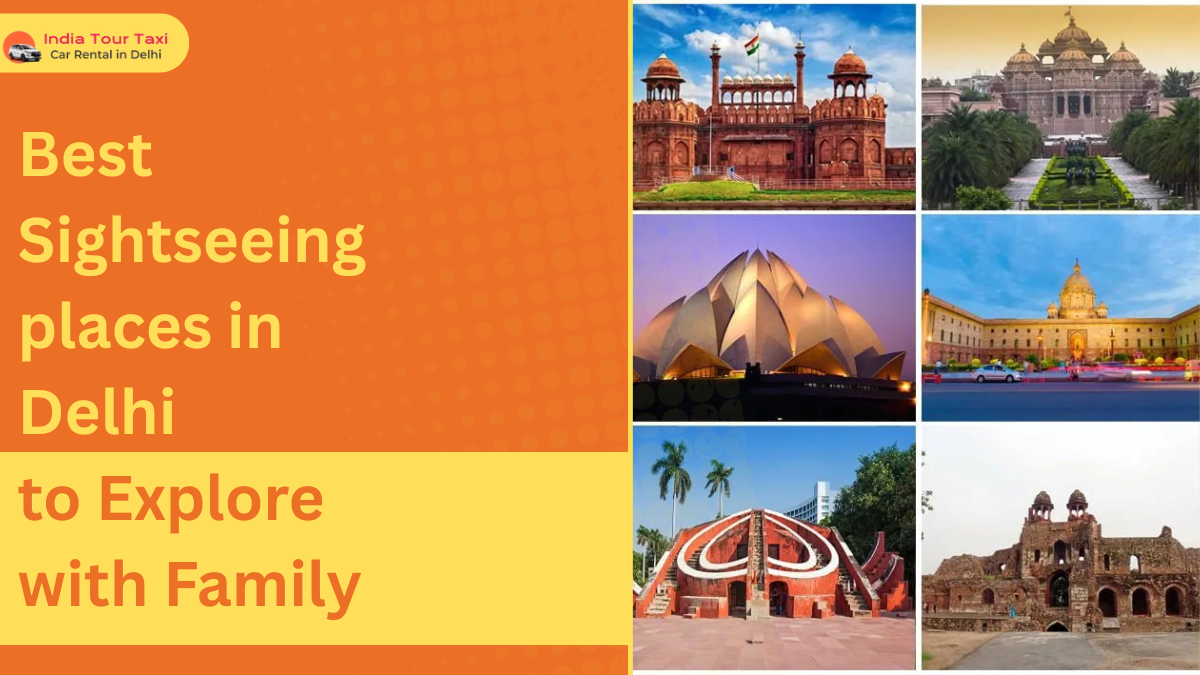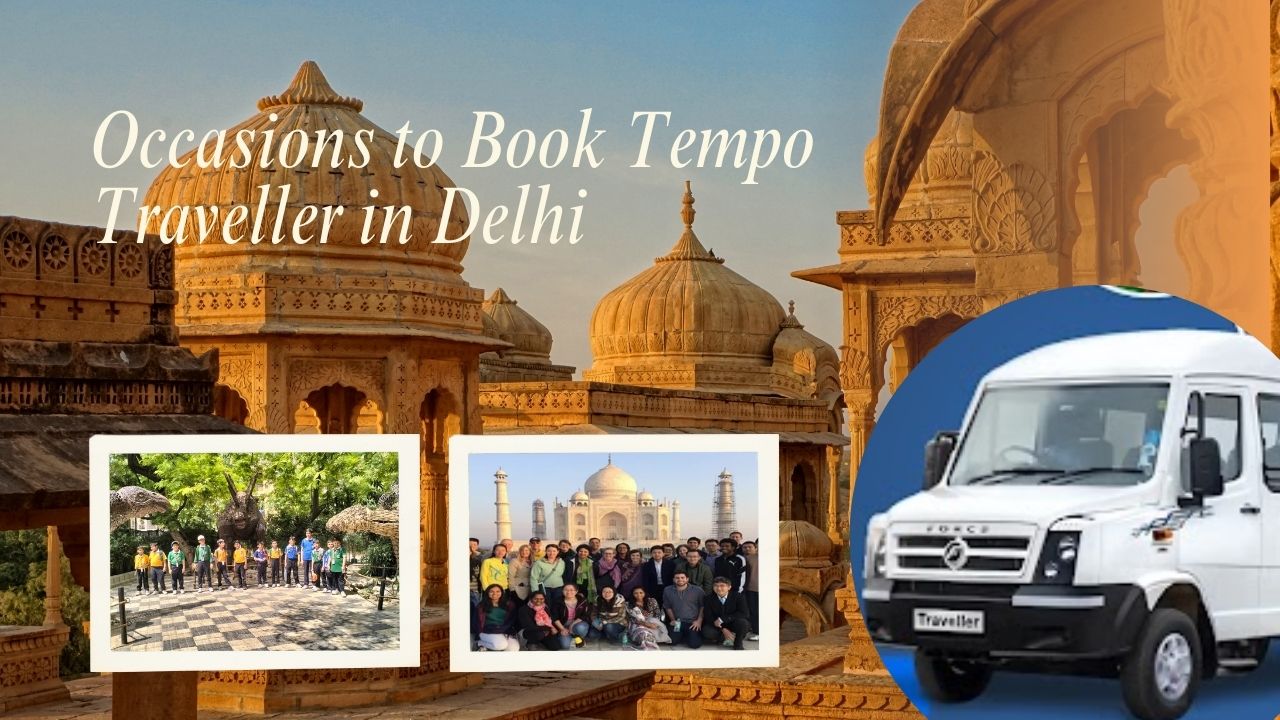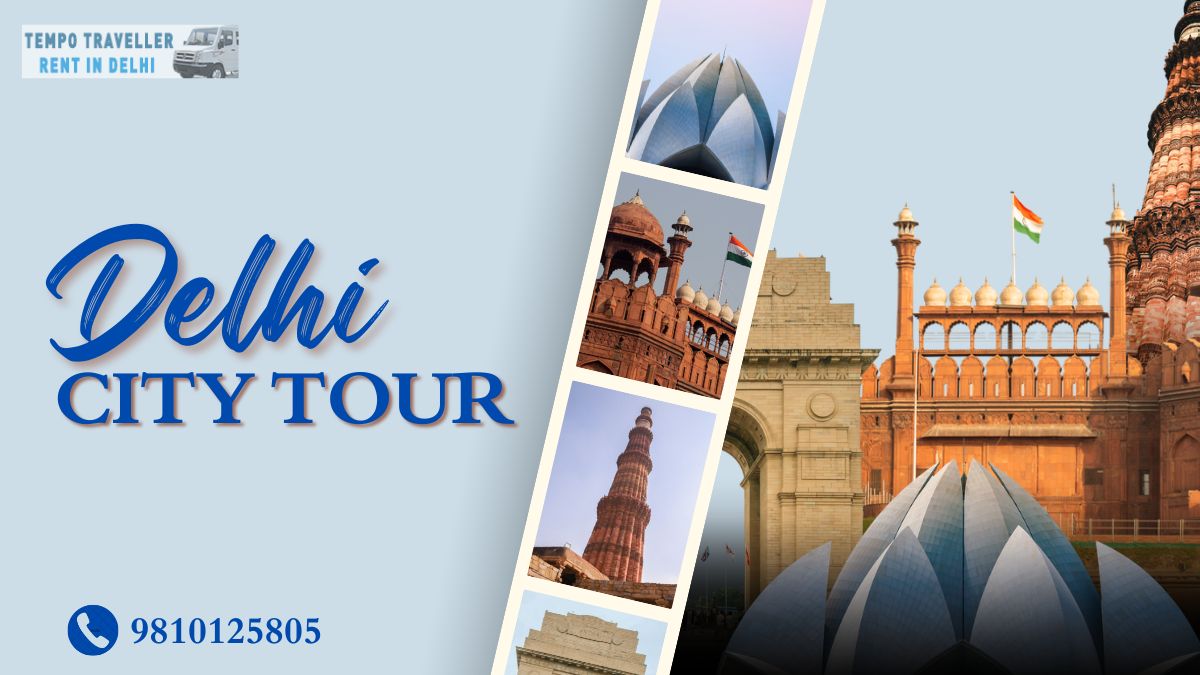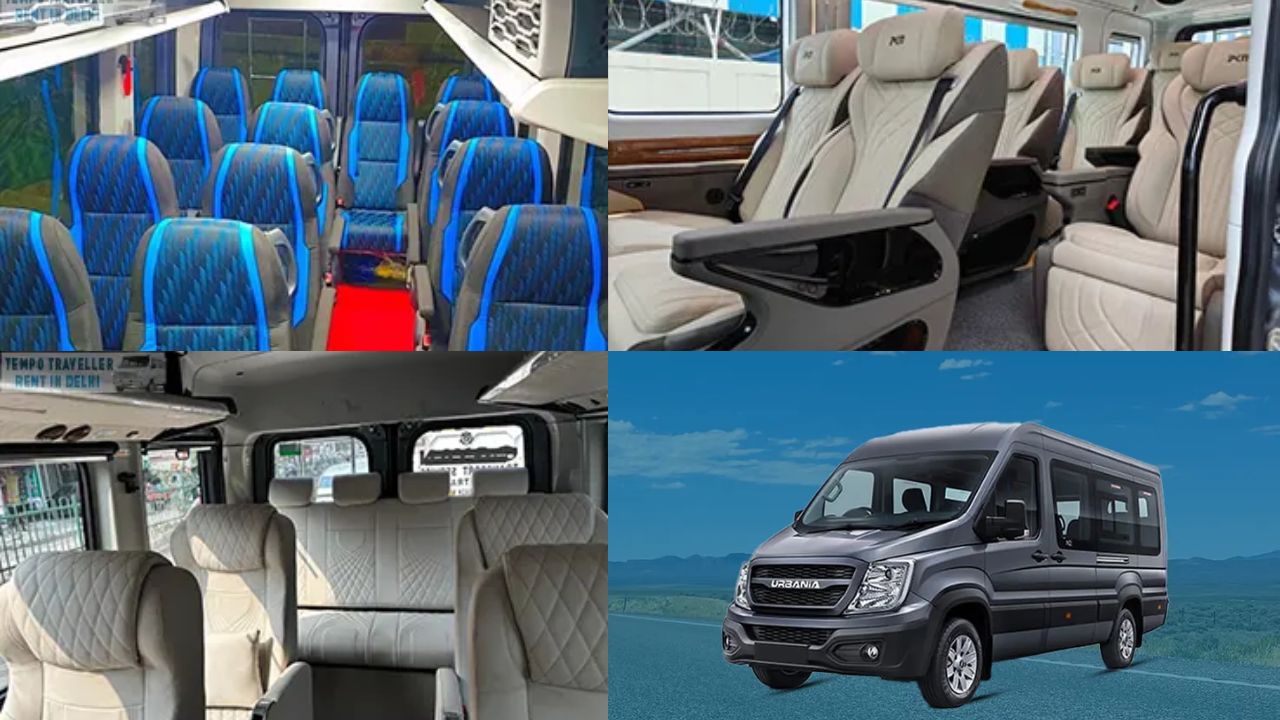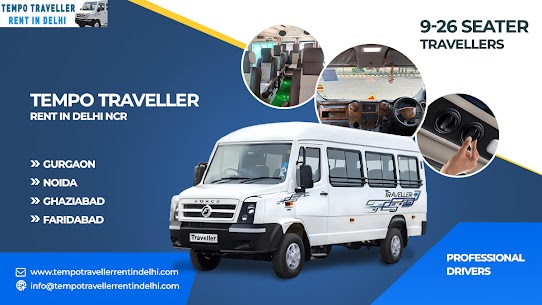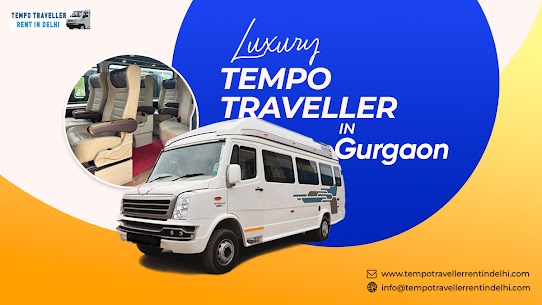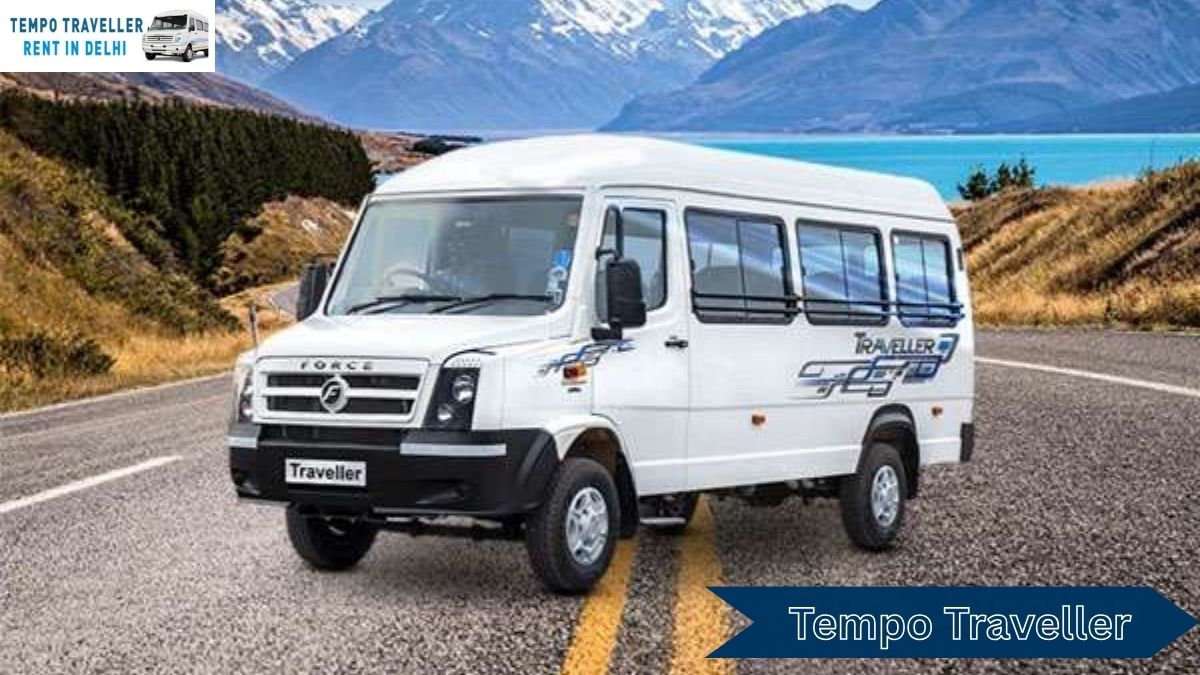Who Should Hire a 13 Seater Tempo Traveller in Pune?
Corporate Team Transfers: Planning a workshop in Lonavala, Panchgani or Lavasa? Tempo travellers allow team members to stay together, arrive on time and streamline cost approvals.
Family Travel for Small Groups: If two or three families are travelling to Mahabaleshwar or Ganpatipule, then a tempo traveller keeps the whole group close. You carry all your bags with ease. You stop as needed. You avoid splitting the group across cars.
Religious Pilgrimages from Pune: Destinations like Shirdi, Trimbakeshwar, Nashik, Jejuri, and Ashtavinayak temples receive steady groups of visitors. A tempo traveller provides quiet travel comfort and eliminates the need to coordinate individual rides.
Wedding Guests Transport: You can book one tempo traveller to move guests between event venues of reception halls and mandaps. It saves time. It keeps them on schedule. No one needs to search for directions or manage their own ride.
Academic Travel: Schools and colleges trust it for competition entries, science exhibitions and local city tours. You have seat belts for each student. You meet safety norms as needed.
Airport Group Transfers: Group arrivals and departures from Pune Airport often lead to confusion with luggage. One tempo traveller simplifies the logistics. It fits 10 to 12 suitcases and reduces pickup round trips.
https://www.actempotravellerhire.com/pune/13-seater-tempo-traveller
#13seatertempotravellerpune #tempotravelleronrentpune #13seaterrentalpune #tempoonrentpune #tempotravellerhire
Corporate Team Transfers: Planning a workshop in Lonavala, Panchgani or Lavasa? Tempo travellers allow team members to stay together, arrive on time and streamline cost approvals.
Family Travel for Small Groups: If two or three families are travelling to Mahabaleshwar or Ganpatipule, then a tempo traveller keeps the whole group close. You carry all your bags with ease. You stop as needed. You avoid splitting the group across cars.
Religious Pilgrimages from Pune: Destinations like Shirdi, Trimbakeshwar, Nashik, Jejuri, and Ashtavinayak temples receive steady groups of visitors. A tempo traveller provides quiet travel comfort and eliminates the need to coordinate individual rides.
Wedding Guests Transport: You can book one tempo traveller to move guests between event venues of reception halls and mandaps. It saves time. It keeps them on schedule. No one needs to search for directions or manage their own ride.
Academic Travel: Schools and colleges trust it for competition entries, science exhibitions and local city tours. You have seat belts for each student. You meet safety norms as needed.
Airport Group Transfers: Group arrivals and departures from Pune Airport often lead to confusion with luggage. One tempo traveller simplifies the logistics. It fits 10 to 12 suitcases and reduces pickup round trips.
https://www.actempotravellerhire.com/pune/13-seater-tempo-traveller
#13seatertempotravellerpune #tempotravelleronrentpune #13seaterrentalpune #tempoonrentpune #tempotravellerhire
Who Should Hire a 13 Seater Tempo Traveller in Pune?
Corporate Team Transfers: Planning a workshop in Lonavala, Panchgani or Lavasa? Tempo travellers allow team members to stay together, arrive on time and streamline cost approvals.
Family Travel for Small Groups: If two or three families are travelling to Mahabaleshwar or Ganpatipule, then a tempo traveller keeps the whole group close. You carry all your bags with ease. You stop as needed. You avoid splitting the group across cars.
Religious Pilgrimages from Pune: Destinations like Shirdi, Trimbakeshwar, Nashik, Jejuri, and Ashtavinayak temples receive steady groups of visitors. A tempo traveller provides quiet travel comfort and eliminates the need to coordinate individual rides.
Wedding Guests Transport: You can book one tempo traveller to move guests between event venues of reception halls and mandaps. It saves time. It keeps them on schedule. No one needs to search for directions or manage their own ride.
Academic Travel: Schools and colleges trust it for competition entries, science exhibitions and local city tours. You have seat belts for each student. You meet safety norms as needed.
Airport Group Transfers: Group arrivals and departures from Pune Airport often lead to confusion with luggage. One tempo traveller simplifies the logistics. It fits 10 to 12 suitcases and reduces pickup round trips.
https://www.actempotravellerhire.com/pune/13-seater-tempo-traveller
#13seatertempotravellerpune #tempotravelleronrentpune #13seaterrentalpune #tempoonrentpune #tempotravellerhire
0 Commenti
0 condivisioni
1486 Views




